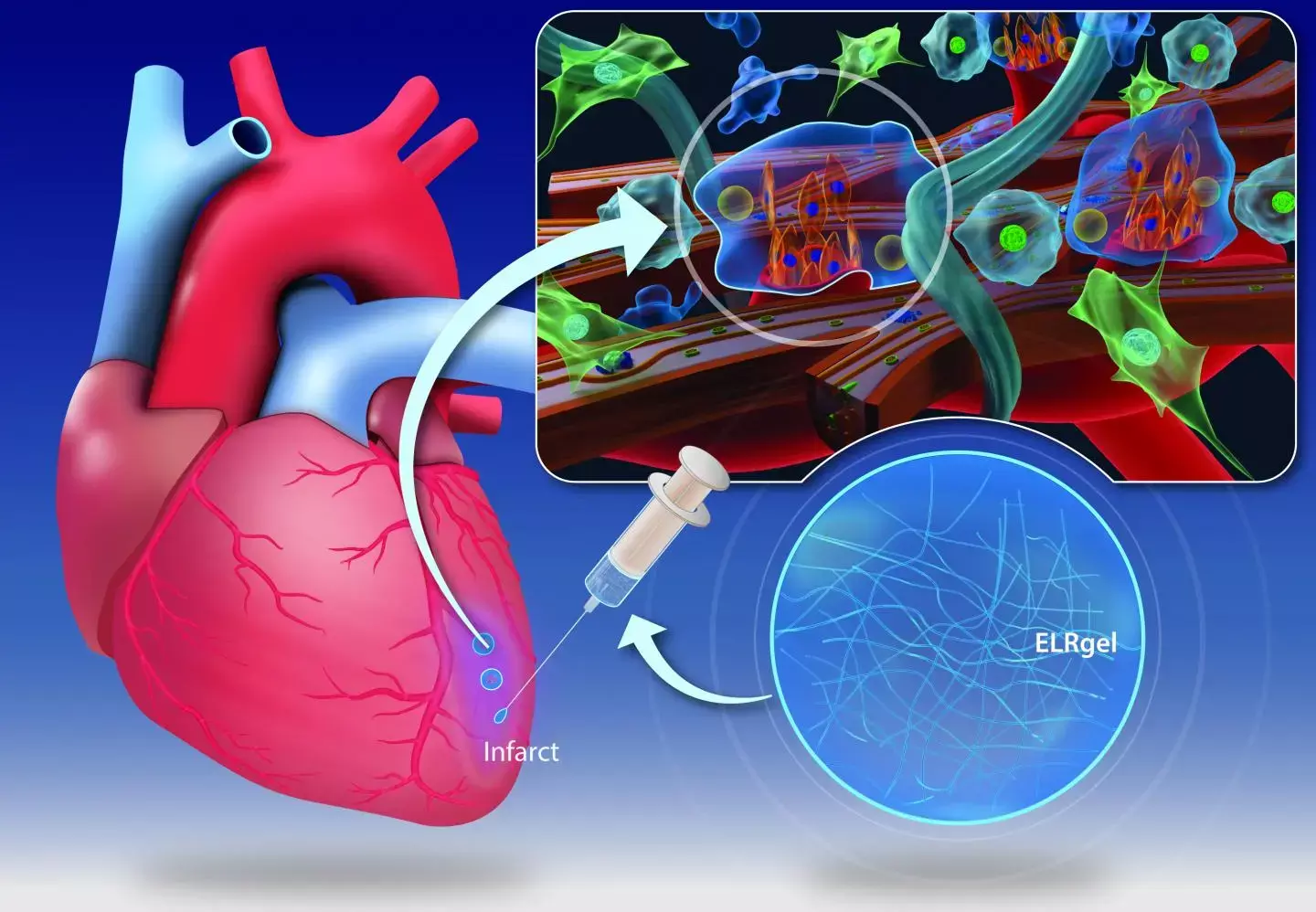- Home
- Medical news & Guidelines
- Anesthesiology
- Cardiology and CTVS
- Critical Care
- Dentistry
- Dermatology
- Diabetes and Endocrinology
- ENT
- Gastroenterology
- Medicine
- Nephrology
- Neurology
- Obstretics-Gynaecology
- Oncology
- Ophthalmology
- Orthopaedics
- Pediatrics-Neonatology
- Psychiatry
- Pulmonology
- Radiology
- Surgery
- Urology
- Laboratory Medicine
- Diet
- Nursing
- Paramedical
- Physiotherapy
- Health news
- Fact Check
- Bone Health Fact Check
- Brain Health Fact Check
- Cancer Related Fact Check
- Child Care Fact Check
- Dental and oral health fact check
- Diabetes and metabolic health fact check
- Diet and Nutrition Fact Check
- Eye and ENT Care Fact Check
- Fitness fact check
- Gut health fact check
- Heart health fact check
- Kidney health fact check
- Medical education fact check
- Men's health fact check
- Respiratory fact check
- Skin and hair care fact check
- Vaccine and Immunization fact check
- Women's health fact check
- AYUSH
- State News
- Andaman and Nicobar Islands
- Andhra Pradesh
- Arunachal Pradesh
- Assam
- Bihar
- Chandigarh
- Chattisgarh
- Dadra and Nagar Haveli
- Daman and Diu
- Delhi
- Goa
- Gujarat
- Haryana
- Himachal Pradesh
- Jammu & Kashmir
- Jharkhand
- Karnataka
- Kerala
- Ladakh
- Lakshadweep
- Madhya Pradesh
- Maharashtra
- Manipur
- Meghalaya
- Mizoram
- Nagaland
- Odisha
- Puducherry
- Punjab
- Rajasthan
- Sikkim
- Tamil Nadu
- Telangana
- Tripura
- Uttar Pradesh
- Uttrakhand
- West Bengal
- Medical Education
- Industry
Hydrogel injection may change the way the heart muscle heals after a heart attack

CAPTION
Graphic of heart and injectable hydrogel
CREDIT
CÚRAM, National University of Ireland Galway
Researchers at CURAM, the SFI Research Centre for Medical Devices based at National University of Ireland Galway, and BIOFORGE Lab, at the University of Valladolid in Spain, have developed an injectable hydrogel that could help repair and prevent further damage to the heart muscle after a heart attack.
The results of their research have just been published in the prestigious journal Science Translational Medicine.
Myocardial infarction or heart disease is a leading cause of death due to the irreversible damage caused to the heart muscle (cardiac tissue) during a heart attack. The regeneration of cardiac tissue is minimal so that the damage caused cannot be repaired by itself. Current treatments lack an effective method to prevent death and subsequent cardiac tissue repair following a heart attack.
"This project involved the development and testing of an elastin-based hydrogel derived from a naturally occurring biomaterial in the human body", explains Professor Abhay Pandit, Scientific Director of CÚRAM at National University of Ireland Galway and project lead. The hydrogel is based on a family of unique biomaterials, called elastin-like recombinamers, that BIOFORGE-UVa had developed in the search for advanced hydrogels for regenerative medicine. "The hydrogel was developed to mimic the environment around the heart following an infarction and then customised to have the ability to protect and promote regeneration of the cardiac tissue", says Professor Pandit.
The therapeutic effect of multiple injections of this hydrogel into the cardiac tissue was assessed during the first-ever preclinical study of its kind, demonstrating its efficacy for cardiac tissue remodelling following a heart attack.
The international research team, which included researchers from Ireland, Spain, Sweden, France and Italy, were able to show that if their hydrogel was injected into the heart muscle shortly after a heart attack, it resulted in less fibrosis (scarring of the cardiac tissue) and an increase in the generation of new blood vessels in the area. They were also able to observe the rise in the preservation and survival of cardiomyocytes, a type of cell that allows the heart to beat, in the affected area.
Professor Abhay Pandit added: "This project demonstrates the efficacy of a unique biomaterial-only system able to induce a positive healing effect on cardiac tissue following a heart attack event. The functional benefits obtained by the timely injection of the hydrogel supports and highlights the potential use of this treatment in the clinic. The next step will be to develop a prototype for a delivery system for the hydrogel."
Professor Mark Da Costa, Cardiothoracic Surgeon and senior co-author of the study, said: "In this study, we employed a model to specifically look at a type of heart attack that has increased in incidence and is not often treated until the acute phase resolves. Scar tissue that forms after the heart attack often remodels negatively, causing future problems like heart failure. The timely injection of this hydrogel appears to change the way the heart muscle heals after a heart attack. There is a significant positive histological, biological and functional recovery of the injured heart muscle. Work is progressing now to deliver this to the sites of injury in different clinical settings and will be followed with translation into a clinical trial."
http://dx.doi.org/10.1126/scitranslmed.aaz5380
Hina Zahid Joined Medical Dialogue in 2017 with a passion to work as a Reporter. She coordinates with various national and international journals and association and covers all the stories related to Medical guidelines, Medical Journals, rare medical surgeries as well as all the updates in the medical field. Email: editorial@medicaldialogues.in. Contact no. 011-43720751
Dr Kamal Kant Kohli-MBBS, DTCD- a chest specialist with more than 30 years of practice and a flair for writing clinical articles, Dr Kamal Kant Kohli joined Medical Dialogues as a Chief Editor of Medical News. Besides writing articles, as an editor, he proofreads and verifies all the medical content published on Medical Dialogues including those coming from journals, studies,medical conferences,guidelines etc. Email: drkohli@medicaldialogues.in. Contact no. 011-43720751


